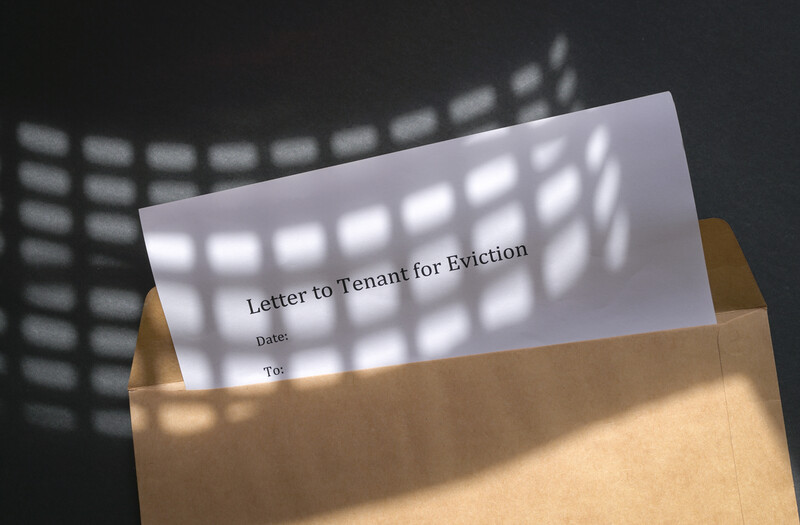The eviction process can be long and complicated, but it’s possible to get evicted without ever going to court. In fact, the legal system offers a variety of ways for landlords to evict tenants who are not paying their rent or have violated lease agreements. Let’s take a closer look at each of these methods.
When To Evict A Tenant
There are a number of reasons why a landlord might want to evict a tenant. The most common reason is that the tenant has failed to pay rent, but there are also other reasons, such as violating the lease agreement or using the property for illegal purposes. In most cases, the landlord must go through the legal system in order to evict a tenant.
Methods To Evict A Tenant Before Going To Court
When a tenant is no longer wanted, the landlord may need to evict them. Before going to court, several strategies may be followed to remove a tenant. If the first two methods do not work, the landlord should go to court and get a formal eviction notice.
Notice of Termination

The Notice of Termination is a document that is served to the tenant to inform them that they must leave the property within a certain number of days. The notice should be written in a clear and concise manner, and it should be served in person, or sent by certified mail. The notice will state the reasons for eviction, and the date by which the tenant must vacate the property. If the tenant does not leave by the specified date, the landlord can file for an eviction order from the court.
Notice to Quit
The Notice to Quit is another document that may be used to evict a tenant. It informs the tenant that they must vacate the property immediately. The letter should be written in a simple and direct style, and it should be delivered by certified mail. This document is usually served when the tenant has breached the lease agreement in some way. The notice will state the reasons for eviction, and the date by which the tenant must vacate the property. If the tenant does not leave by the specified date, the landlord can file for an eviction order from the court.
What Is The Difference Between The Two?
The main difference between the Notice to Quit and the Notice of Termination is the timeframe in which the tenant must leave the property. The Notice to Quit gives the tenant a few days to vacate, while the Notice of Termination gives them a number of days in which to leave. If the tenant does not leave by the specified date, the landlord can file for an eviction order from the court.
When The Landlord Should Go To Court?
When the landlord has tried all other methods to evict the tenant and they still have not left, the landlord should go to court. In court, the landlord will need to provide evidence that the tenant has breached the lease agreement in some way. The court will then issue a formal eviction notice, which gives the tenant a number of days to leave the property. If the tenant does not leave, the landlord can have them removed by force.
What Happens If The Tenant Does Not Leave?
If the tenant does not leave after receiving the formal eviction notice, the landlord can file for a removal order from the court. This order will authorise the sheriff to remove the tenant from the property. The sheriff will then post a notice at the property, which warns the tenant that they have a certain number of days to leave. If the tenant does not leave, the sheriff will forcibly remove them from the property.
What Happens If The Landlord Do Not Go To Court?
It’s important to note that landlords cannot evict tenants on their own. Only the court has the authority to issue an eviction notice, and only the sheriff can remove a tenant from their property. If you are a landlord and you are trying to evict a tenant, it’s best to consult with an attorney who can help you understand your rights and the eviction process.
If the landlord does not go to court, the tenant may be able to stay on the property. The landlord may also face legal penalties if they try to evict the tenant without a court order. If the landlord tries to evict the tenant without a court order, they may face legal penalties. Such penalties may include fines or even imprisonment.
Landlords cannot evict tenants on their own – only the court has the authority to issue an eviction notice. If you are a landlord and you are trying to evict a tenant, it’s best to consult with an attorney who can help you understand your rights and the eviction process. Trying to evict a tenant without going through the proper channels may result in fines or imprisonment for the landlord.







Add Comment